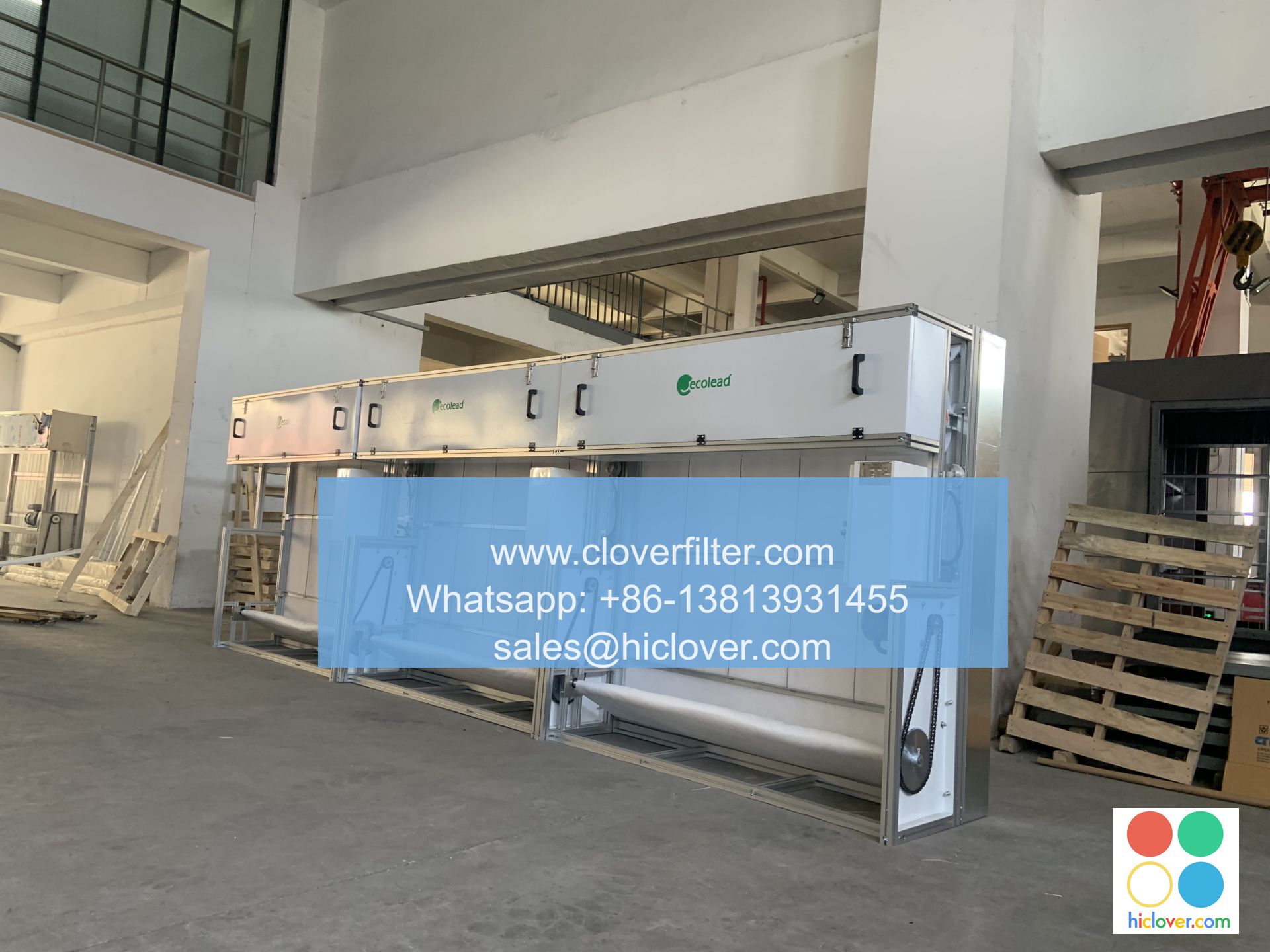Air Filter Quality Control: A Guide to Filter Installation

Air filter quality control is a critical aspect of maintaining good indoor air quality, HEPA filtration systems, and air purification systems. The installation of air filters is a crucial step in ensuring the effective removal of airborne contaminants, such as dust, pollen, and other pollutants. In this article, we will provide a comprehensive guide to air filter installation, highlighting various application areas, and discussing the importance of filter maintenance and quality control measures.
Introduction to Air Filter Quality Control
Air filter quality control is essential in various industries, including healthcare, pharmaceuticals, food processing, and electronics manufacturing. The quality of air filters can significantly impact the performance and efficiency of air handling units (AHUs), HVAC systems, and cleanroom systems. Therefore, it is crucial to follow proper filter installation procedures and quality control protocols to ensure the optimal functioning of these systems.
Key Considerations for Filter Installation
When installing air filters, several factors must be considered to ensure optimal filter performance and longevity. These include:
* Filter size and type: Selecting the correct filter size and type for the specific application is crucial. HEPA filters, activated carbon filters, and pre-filters are commonly used in various industries.
* Filter media quality: The quality of filter media can significantly impact filter performance. Look for filters with high-efficiency filtration media and low-pressure drop.
* Seal integrity: Ensuring a proper seal between the filter and the filter frame or housing is essential to prevent air bypass and contamination.
* Installation procedures: Follow manufacturer-recommended installation procedures to ensure proper filter seating and seal integrity.
Application Areas for Air Filter Quality Control
Air filter quality control is essential in various application areas, including:
* Commercial buildings: Office buildings, shopping centers, and hotels require effective air filtration systems to maintain good indoor air quality.
* Industrial facilities: Manufacturing plants, warehouses, and processing facilities require high-efficiency filtration systems to control airborne contaminants.
* Healthcare facilities: Hospitals, clinics, and laboratories require ultra-clean air to prevent infections and contamination.
* Residential buildings: Homeowners can benefit from high-quality air filtration systems to improve indoor air quality and reduce allergy symptoms.
Conclusion
In conclusion, air filter quality control is a critical aspect of maintaining good indoor air quality and ensuring the effective removal of airborne contaminants. By following proper filter installation procedures and quality control protocols, individuals can ensure optimal filter performance and longevity. Remember to consider key factors such as filter size and type, filter media quality, seal integrity, and installation procedures when installing air filters. By prioritizing air filter quality control, individuals can improve indoor air quality, reduce health risks, and create a healthier indoor environment. You haven’t asked a question or provided a prompt for me to respond to. Please provide more context or ask a question, and I’ll do my best to provide a helpful and direct answer.

